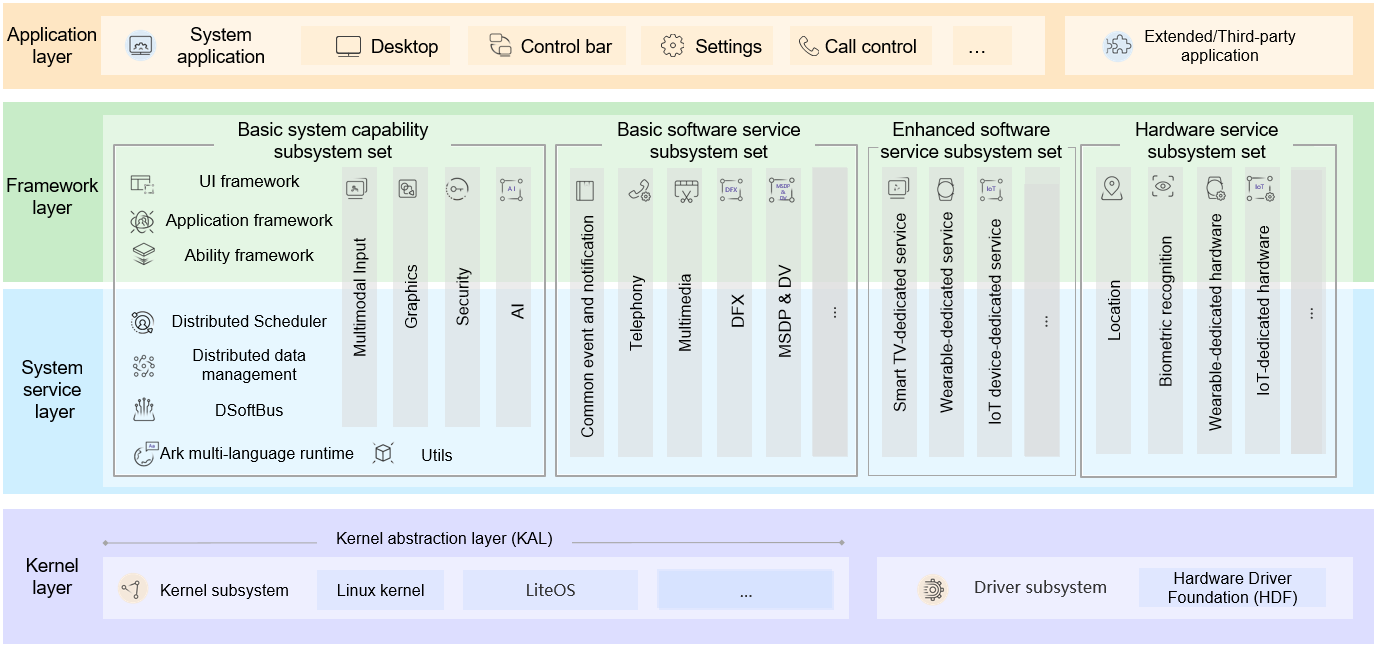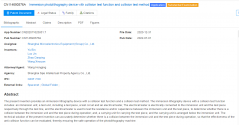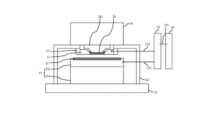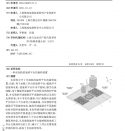You are using an out of date browser. It may not display this or other websites correctly.
You should upgrade or use an alternative browser.
You should upgrade or use an alternative browser.
Chinese semiconductor industry
- Thread starter Hendrik_2000
- Start date
- Status
- Not open for further replies.
As for the Dutch ban on ASML sales not really surprising most of us saw that one coming. People here are convinced that SMEE is able to deliver on 28 nm machines. If that's the case then the ASML ban will have a impact on growth for sure but no big deal. If SMEE can't deliver on the 28 nm machines yet then China's semiconductor industry will have a big setback in the coming years until the SMEE 28 nm machines becomes available.
I'm sure there are some effects on the sanctions. It's unclear to us how much stocking up they did prior to the sanction, so they may be able to increase some production in the second factory. But importantly, I think we are seeing that the sanctions at least has not stopped them from ramping up to 100k wpm. And that they are able to continue to function without American companies providing servicing.
YMTC had sanction concern in mind since the very beginning,that is being reflected on the available bidding infos,YMTC is the fab with largest percentage of domestic equipment purchasing in China
This is a trillion dollar question. From its root, Harmony OS is an embedded operating system. The last 20 years is a period in which generic UNIX-like operating systems have defeated embedded or special-purpose operating systems.Should HongMeng OS (Harmony OS) be pushed around so that it would become a uniquely made-by-China OS (not just made-in-China), instead of just a Huawei-specific OS?
If I was doing it, I would push Harmony OS for embedded applications while pushing a Linux/BSD duo for generic host operating environments. Linux still carries some risks in its GPL licenses. Ultimately I would pull a BSD and morph it into something like MacOS for all host environments.
Have you read the article? Nothing has been announced and the article itself is just speculating what the Dutch might do. Really not much to discuss here.As for the Dutch ban on ASML sales not really surprising most of us saw that one coming. People here are convinced that SMEE is able to deliver on 28 nm machines. If that's the case then the ASML ban will have a impact on growth for sure but no big deal. If SMEE can't deliver on the 28 nm machines yet then China's semiconductor industry will have a big setback in the coming years until the SMEE 28 nm machines becomes available.
I can speak Dutch and I'm reading the Dutch media and they are saying that the ban is coming. Not all machines will be banned just the ones that can make the 14 nm chips.Have you read the article? Nothing has been announced and the article itself is just speculating what the Dutch might do. Really not much to discuss here.
The Netherlands is one of the most loyal allies of America. When the Americans say jump their question is how high.
Two achievements by Chinese scientists, three-atom ultracold gas, and new material for next-generation semiconductors, have been ranked among the top 10 physics breakthroughs of the year for 2022, which are selected by Physics World..
If i'm not mistaken graphical shells, drivers and other parts of an operating system aren't counted as part of the linux kernel and such don't have to be up streamed or open sourced to commercialise a linux based distribution.This is a trillion dollar question. From its root, Harmony OS is an embedded operating system. The last 20 years is a period in which generic UNIX-like operating systems have defeated embedded or special-purpose operating systems.
If I was doing it, I would push Harmony OS for embedded applications while pushing a Linux/BSD duo for generic host operating environments. Linux still carries some risks in its GPL licenses. Ultimately I would pull a BSD and morph it into something like MacOS for all host environments.
As i can find the docs for HarmonyOS the architectural overview does show the OS abstracts away the kernel.

Interesting patent describing the Anti-collision system to be used to avoid damaging the immersion hood, the lens system.


Another anticollision system will be used in double stage workbench, because having two wafers stages accelerating at fighter jet g forces colliding is maybe not good for safety and the well being of the machine.



Another anticollision system will be used in double stage workbench, because having two wafers stages accelerating at fighter jet g forces colliding is maybe not good for safety and the well being of the machine.

- Status
- Not open for further replies.
